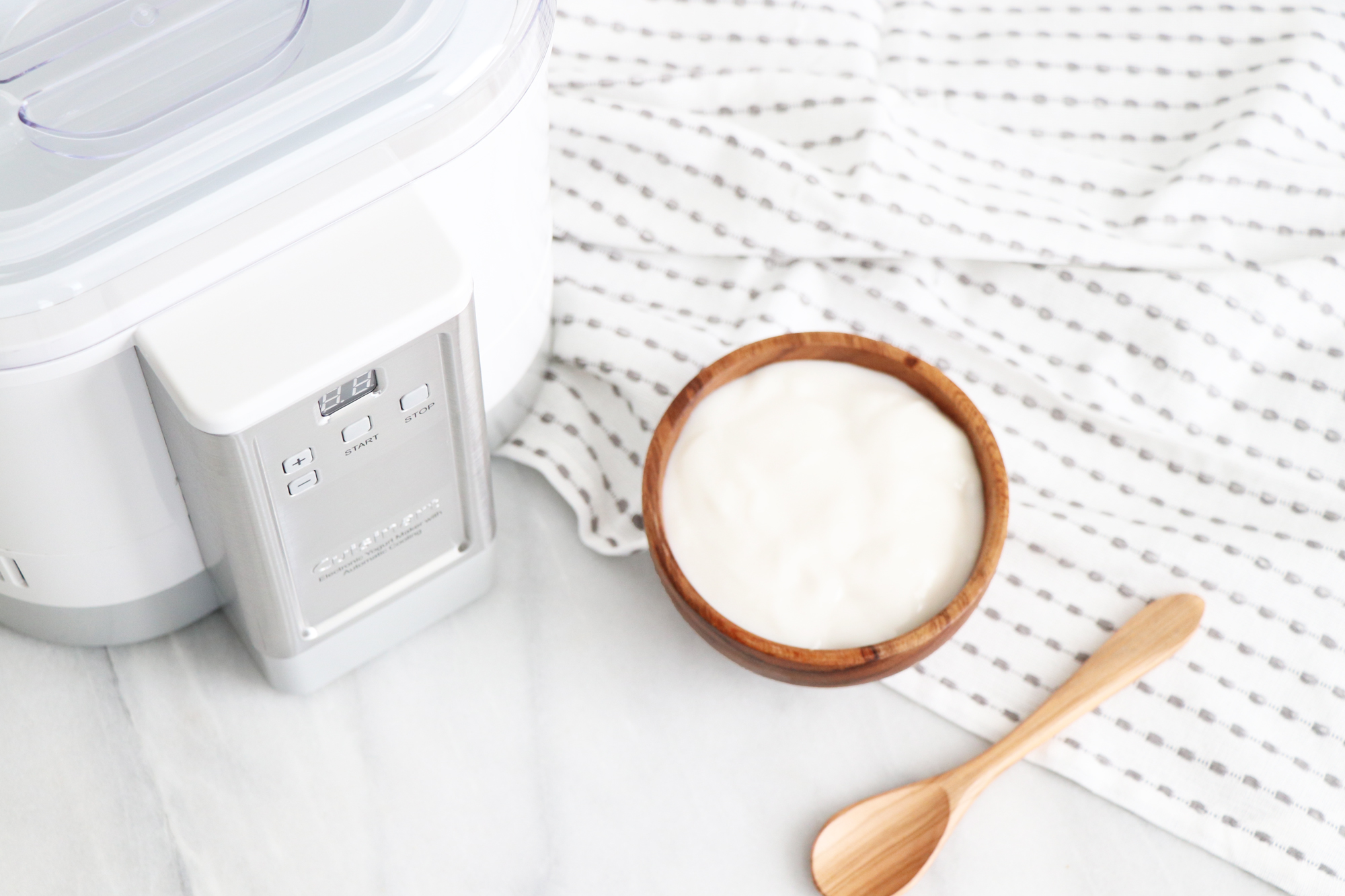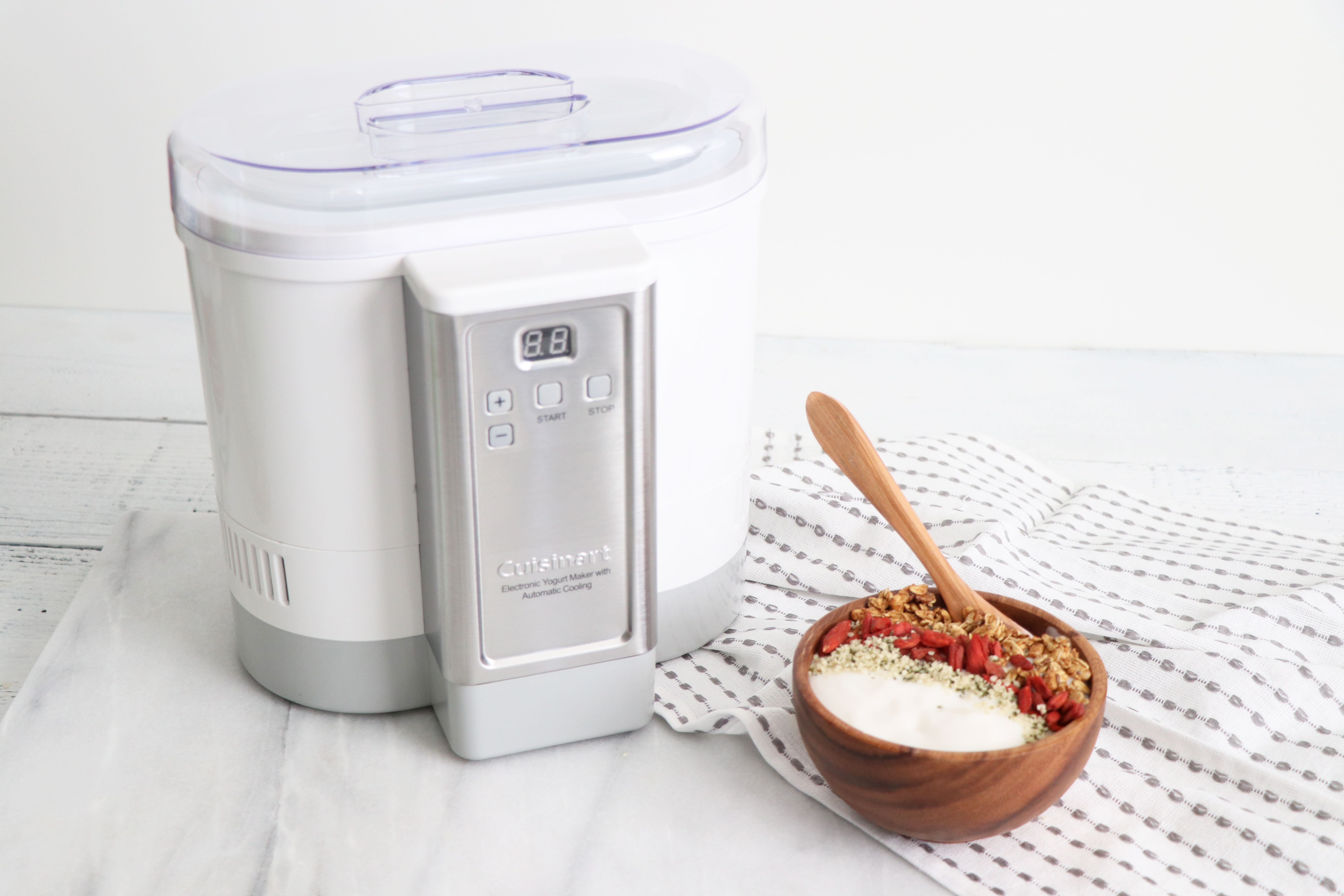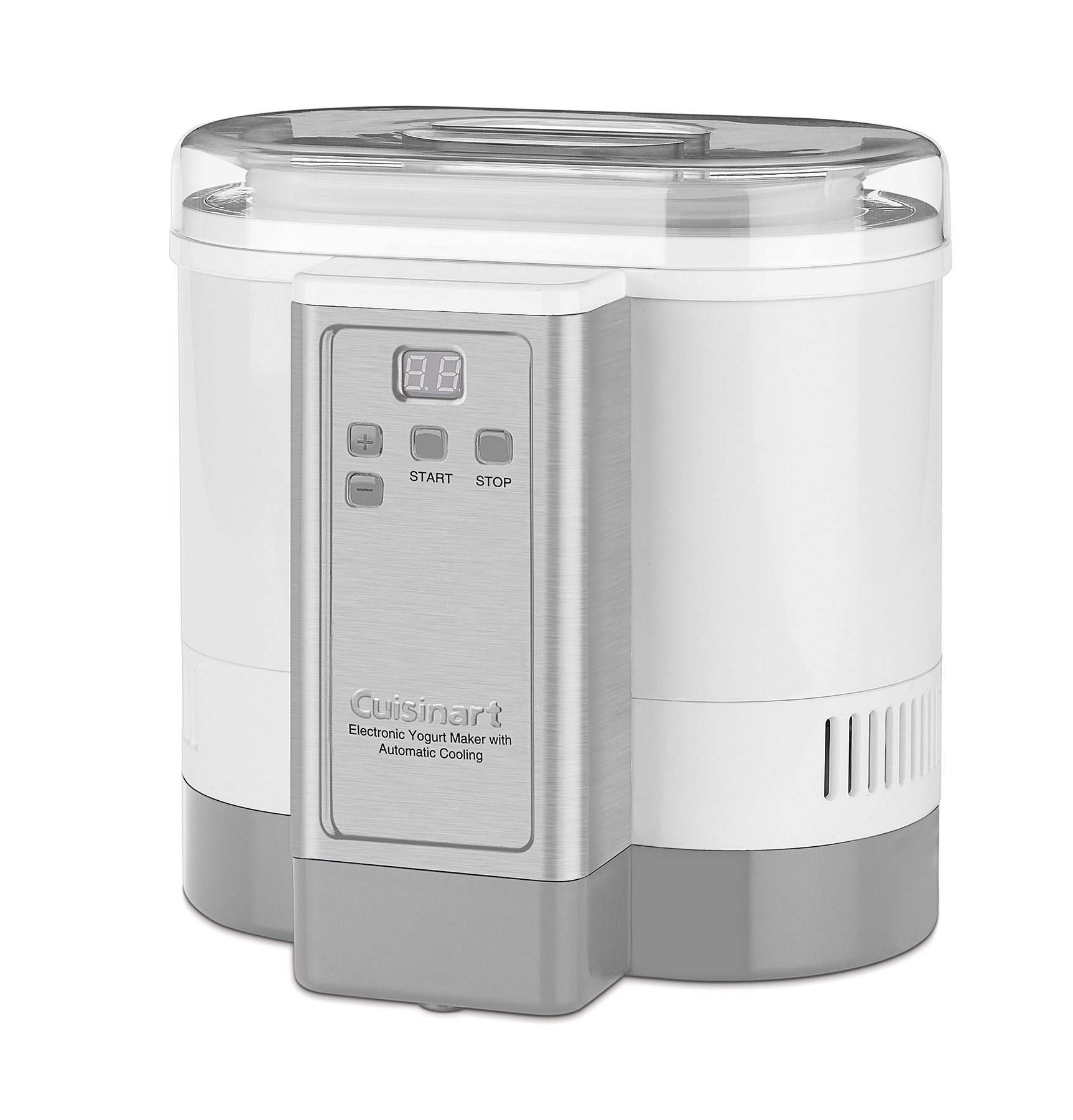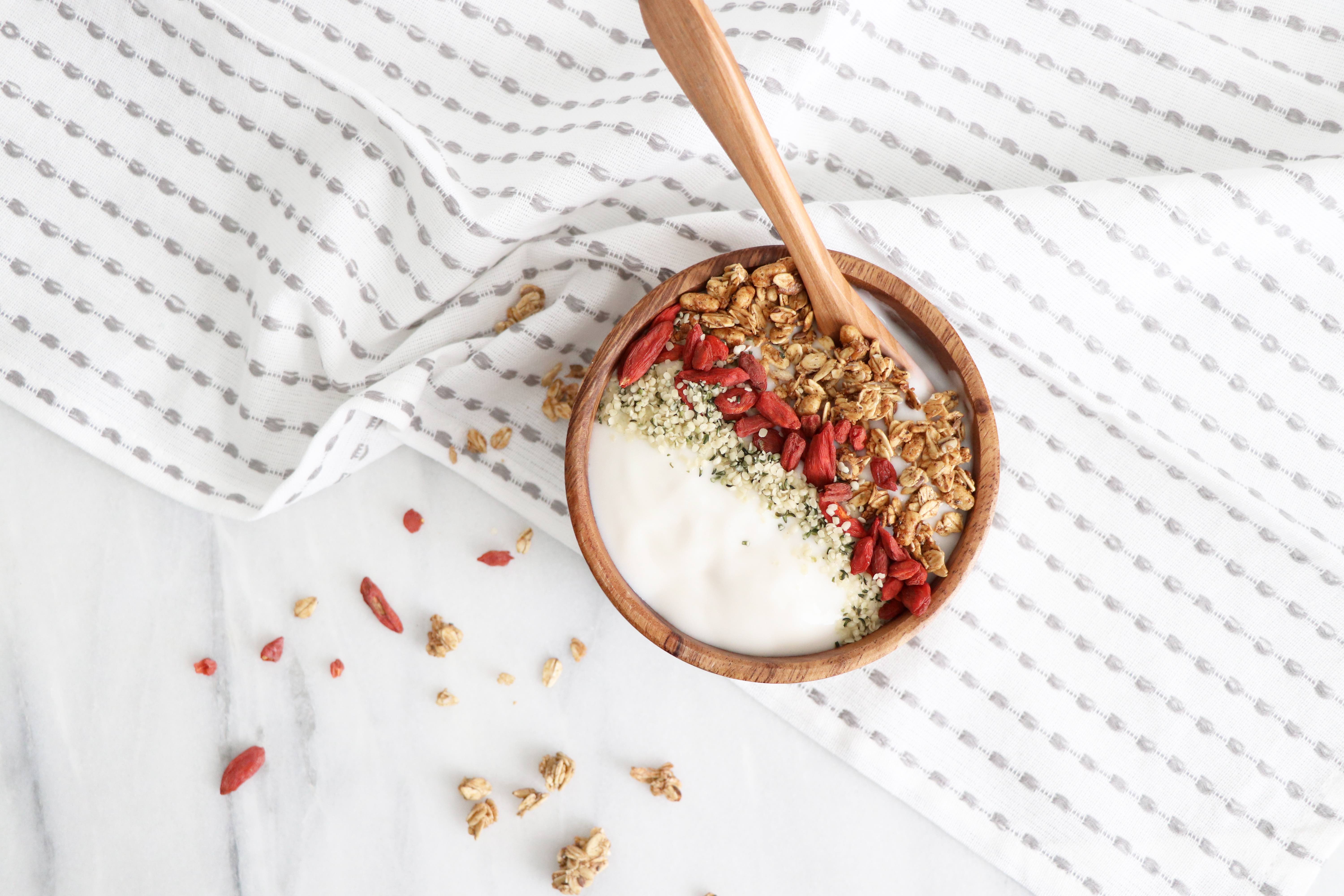
A powerful quote from Hippocrates is that “All disease begins in the gut.” The digestive system plays an important role in our overall health, specifically in breaking down food for our body to use as energy!
The following tips are designed to support a healthy digestive system!
Prebiotics
Prebiotics are a type of plant fiber that are essentially the food or fuel for probiotics! According to a 2012 report published in The Journal of Nutrition, prebiotics and probiotics may help treat a variety of digestive problems or help with the symptoms related to digest problems such as; Candida virus, diarrhea, Irritable Bowel Syndrome and (IBS) and Inflammatory Bowel Disease. Because our digestive health is associated with the health of our immune system, probiotics play an important role in helping boost immunity!
Plant-based sources of prebiotics include garlic, onions, asparagus, bananas, jicama, leeks & artichokes. You can boost your daily intake of prebiotics by adding a banana to your daily smoothie, enjoying hummus made with garlic, or a greens salad with added asparagus and onions!
Probiotics
The World Health Organization’s (WHO) defines probiotics as “live microorganisms which, when administered in adequate amounts, confer a health beneÔ¨Åt on the host.” Essentially, probiotics are live bacteria and yeasts that are good for digestive health & your health overall. In fact, did you know that 80 percent of your immune system is located in your digestive tract? This is why the gut is often referred to as your “second brain” because it so powerful! Probiotics help our digestive symptom function optimally by supporting better digestion, nutrition absorption, healing from leaky gut syndrome, a stronger immune system and regular bowel regularity which is key for natural cleansing & detoxification.
Source of probiotics include yogurt, Sauerkraut, Miso Soup, Kefir, Tempeh, Fermented Foods, Kombucha & of course Probiotic Supplements. To note, probiotics are living and therefore a sensitive to light & heat!
Fiber
Fiber is key for a healthy digestive system! The recommended daily intake of total fiber is 25 – 35 grams, however most Americans only consume 15 grams! There are two types of fiber known as soluble & insoluble fiber. Insoluble fiber is commonly called roughage such as broccoli; and soluble fiber is known to soak up water such as oats. We need a healthy balance of both types of fiber! Not enough insoluble fiber and you may suffer from constipation, while not enough soluble fiber and you will experience loose bowel movements. Plant-based foods are naturally full of fiber such as fruits, vegetables, nuts, seeds, legumes and whole-grains.
Water
As you increase your fiber intake, it is equally important to increase your water intake. Filtered water is ideal, however you can also hydrate with herbal teas and water dense foods like fruits or vegetables. The exact amount of water a person needs each day can vary based on their height, weight, activity level and their environment. That said, a good rule of thumb is to take your body weight (in pounds) and cut that number in half, this gives you a rough estimate of how many ounces you should be getting on the typical day.
Digestive Rest
There is continued scientific research to support digestive rest, also known as intermittent fasting, as a way to heal & support a strong digestive system. Intermittent fasting essentially helps by reducing oxidative stress & inflammation within the body. One way to practice intermittent fasting is by finishing your last meal or snack at 7pm each night & then begin eating again the next day at 7am, which would provide your body with a 12-hour break. This 12-hour digestive break can be adjusted to best reflect your personal schedule.
Want more healthy living inspiration?
Living a healthy lifestyle starts from within. Here are some helpful articles to guide you in your journey to eating nutrient-rich foods without sacrificing the taste:
- Explore Gut Healthy Foods 101
- Try Pinterest-worthy, cleansing soup, salad, and pasta meal ideas to keep your body feeling refreshed and energized with these Detox Dinner Recipes
- Learn about the 5 Pseudo-grains You Should Definitely Add to Your Diet
Coconut Almond Milk Yogurt
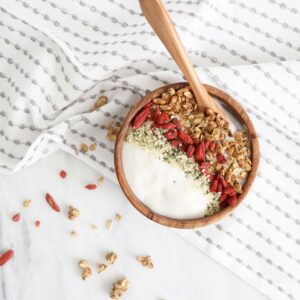
INGREDIENTS
- 3 cups full fat canned coconut milk
- 1 cup unsweetened almond milk
- 2 tablespoons cornstarch
- 1 tablespoon liquid pectin*
- 1 packet yogurt culture*
INSTRUCTIONS
- Stir together the almond milk and cornstarch, set aside.
- Heat 1.5 cups of coconut milk in a small saucepan over medium heat. Once the milk is steaming but not yet boiling whisk in the almond milk/cornstarch mixture. Remove pan from heat and whisk in the remaining coconut milk. Let the milk cool to 110 degrees Fahrenheit and then stir in the yogurt culture.
- Pour the mixture into your Cuisinart Electronic Yogurt Maker, plug in and select fermentation time, I suggest about 9 hours. Press Start.
- When fermentation is complete and “C” is visible on the display panel, let yogurt chill for at least 12 hours. Note: the yogurt may appear ‘broken’ after cooling, simply whisk together until smooth.
- Serve immediately or store in refrigerator until ready to eat.


